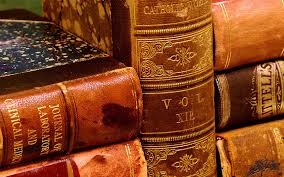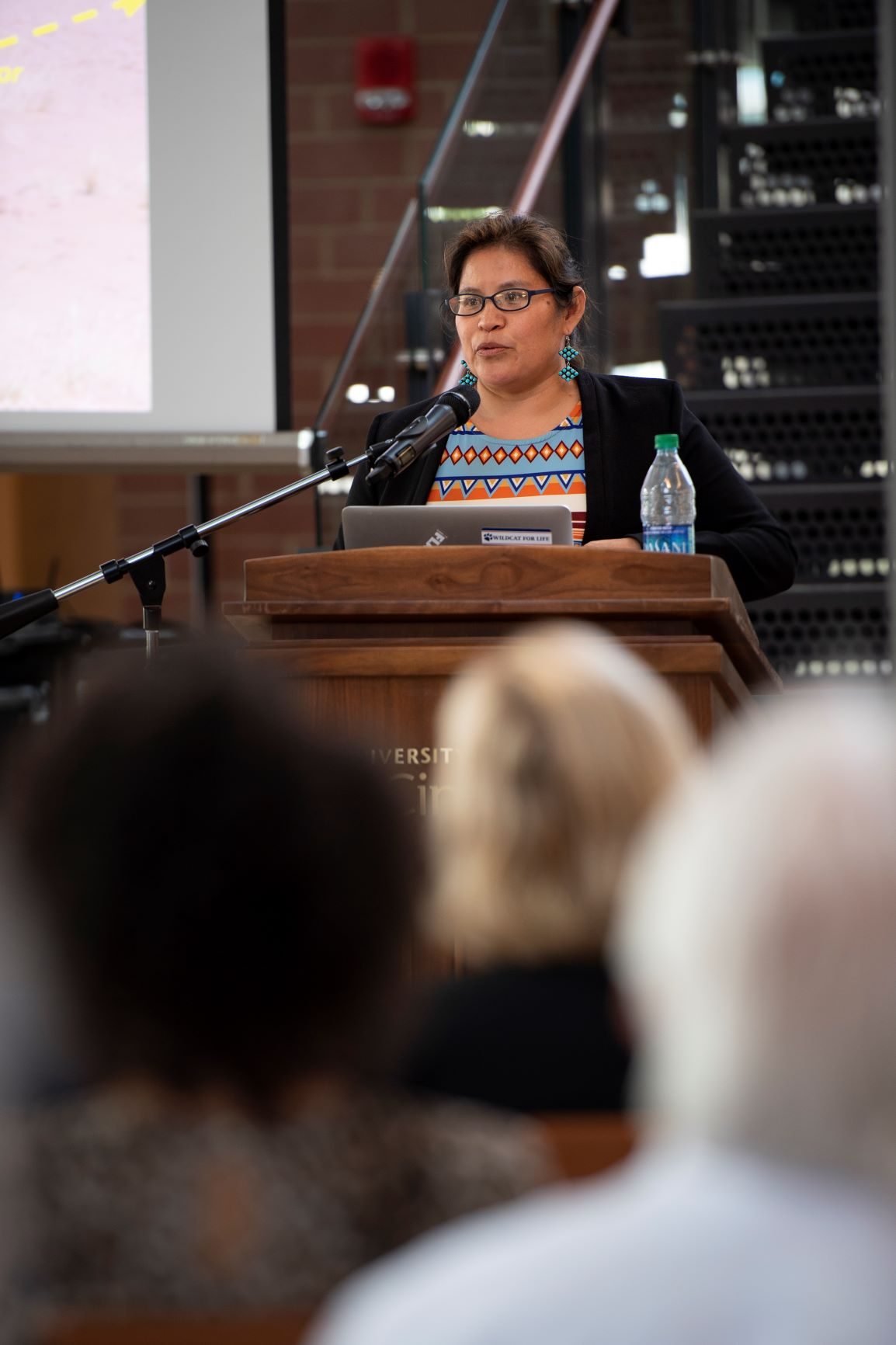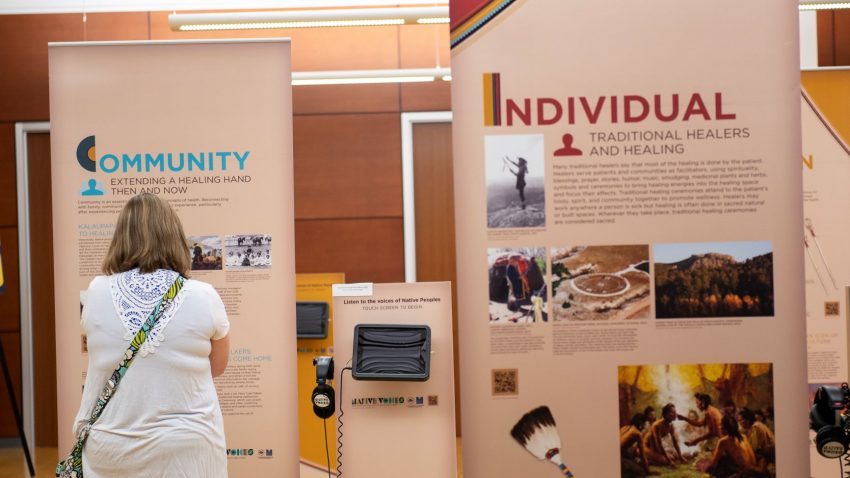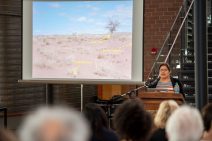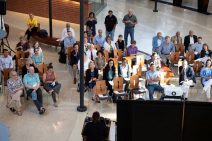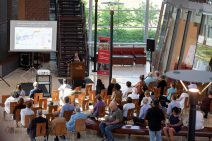 The Color Purple, Harry Potter, Gone Girl – is one of these your favorite novel? Did you enjoy or struggle reading The Grapes of Wrath, War and Peace or Heart of Darkness when assigned for class? Did you sneak read The Stand or Twilight when your teacher wasn’t looking? These favorite, or not-so-favorite, books are amongst the 100 best-loved novels up for consideration as “The Great American Read.”
The Color Purple, Harry Potter, Gone Girl – is one of these your favorite novel? Did you enjoy or struggle reading The Grapes of Wrath, War and Peace or Heart of Darkness when assigned for class? Did you sneak read The Stand or Twilight when your teacher wasn’t looking? These favorite, or not-so-favorite, books are amongst the 100 best-loved novels up for consideration as “The Great American Read.”
The University of Cincinnati Libraries and CET are partnering to host three screenings of “The Great American Read,” 8-9 p.m., Tuesdays, Sept. 11 and 25 and Oct. 9 in the Digital Commons Space on the fourth floor of the Walter C. Langsam Library. The PBS series features some of the 100 best-loved novels with testimonials from celebrities, authors, notable Americans and book lovers across the country talking about their pick for “The Great American Read.” Fresh popcorn and refreshments will be served.
The themes of the three screenings will include:
- Sept. 11 – The Great American Read Fall Kick-Off
Join host Meredith Vieira in the search for America’s best-loved novel. - Sept. 25 – Heroes
Take a journey with some literary heroes to examine what makes them complex and relatable. - Oct. 9 – What We Do For love
Fall in love all over again with some of literature’s most beautiful romances.
RSVPs not required, but attendees are encouraged to mark “going” on the Facebook event: https://www.facebook.com/events/298457014220539/.
Can’t join us for the screenings? Visit “The Great American Read” at http://www.pbs.org/the-great-american-read/home/ to learn more and vote for your favorite novel.


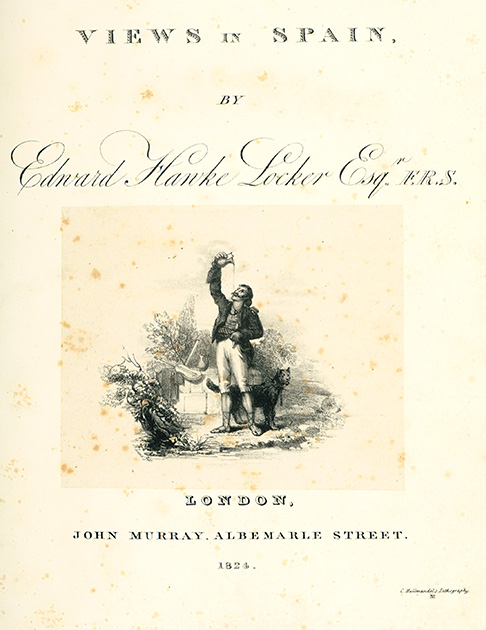
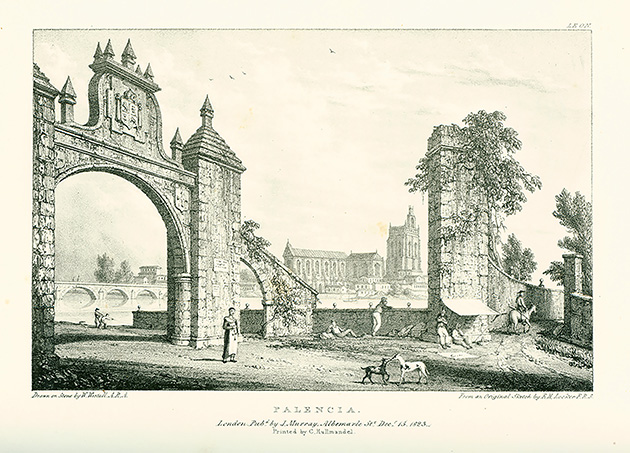
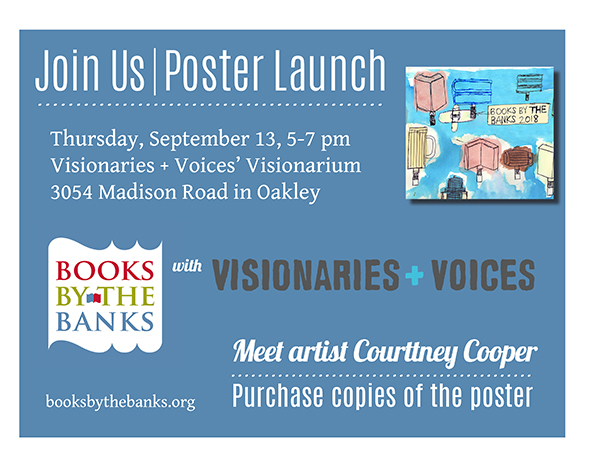 UC Libraries is an organizing partner of Books by the Banks: Cincinnati Regional Book Festival. Join us for the 2018 Poster Launch on Thursday, Sept. 13 from 5-7pm at the Visionaries + Voices’ Visionarium at 3054 Madison Road in Oakley.
UC Libraries is an organizing partner of Books by the Banks: Cincinnati Regional Book Festival. Join us for the 2018 Poster Launch on Thursday, Sept. 13 from 5-7pm at the Visionaries + Voices’ Visionarium at 3054 Madison Road in Oakley.
